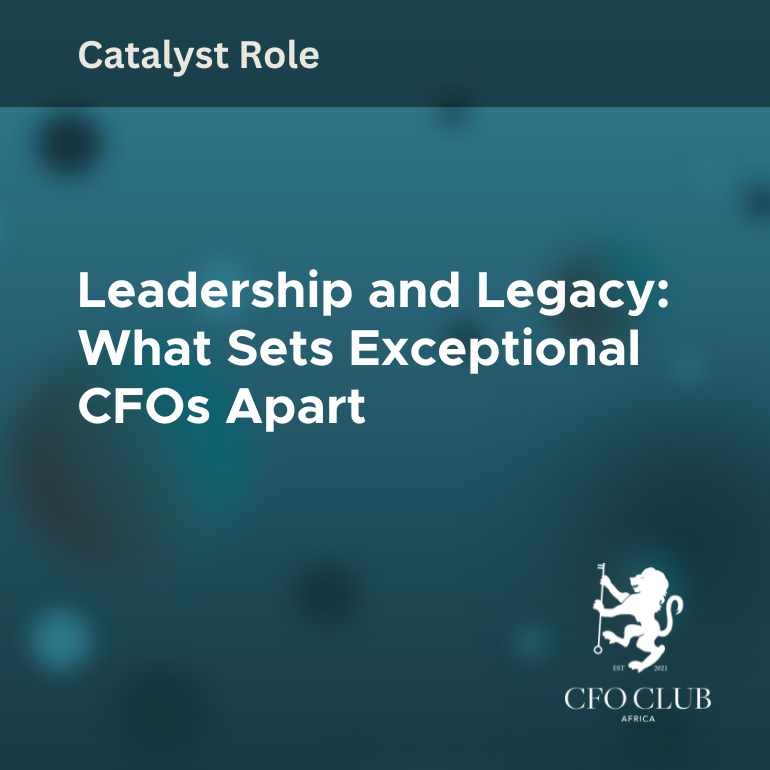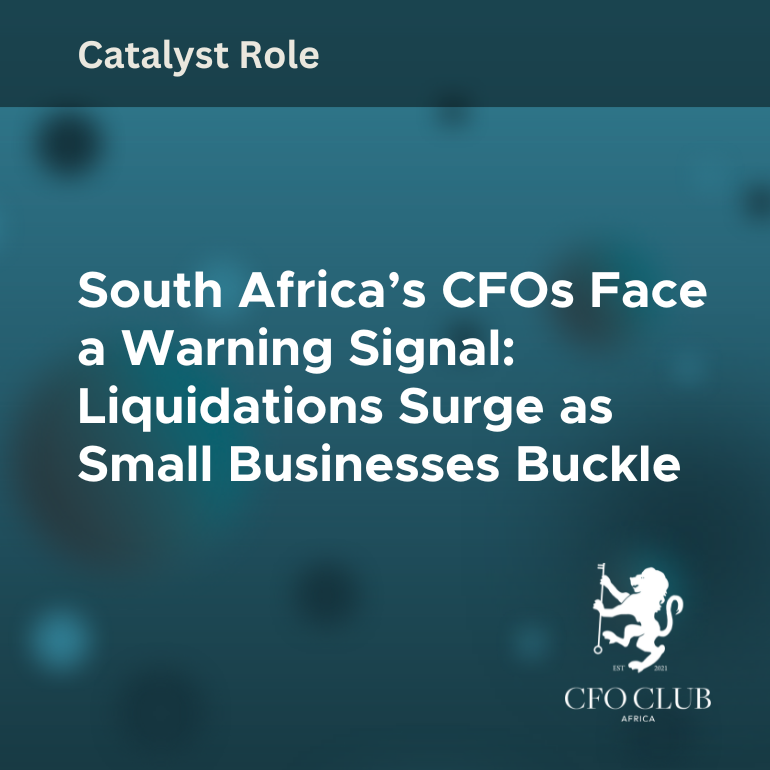Leadership and Legacy: What Sets Exceptional CFOs Apart
Numbers tell a story, but people remember the person who gave those numbers meaning. The mark of an exceptional CFO is not only accuracy or technical mastery, but the ability to lift others through clarity, confidence, and purpose. Great financial leaders don’t just drive results; they move people to believe that better is always possible.
Setting a Standard Worth Following
When a CFO leads with conviction and fairness, the organisation becomes stronger. Teams mirror what they see. If their leader is calm under pressure, communicates clearly, and follows through, those habits spread across the business. People stop waiting for direction and start taking ownership.
Trust builds over time through visible integrity. Colleagues begin to believe in decisions because they believe in the person making them. When a CFO leads by example—arriving prepared, making clear calls, and giving recognition where it’s due—the culture shifts from compliance to commitment.
Turning Pressure into Progress
Every CFO faces pressure: board expectations, market volatility, and tight deadlines. What separates great leaders is how they use that pressure. Instead of allowing it to weigh down the team, they turn it into drive. They help their people see every challenge as a chance to improve how they operate.
When cash flow is tight, they find smarter ways to manage resources. When systems underperform, they take the opportunity to rebuild processes for long-term gain. Each obstacle becomes a lesson in efficiency and resilience. The team learns that every problem can become an advantage when faced with discipline and creativity.
Building Legacy Through People
The best CFOs understand that leadership success is measured by what happens when they are not in the room. Building a capable, confident team is their greatest investment.
They don’t just teach technical skills. They grow thinkers who can interpret numbers, understand the story behind them, and communicate that story to decision-makers. They invite younger professionals into important discussions, share context, and trust them to contribute.
This kind of development doesn’t just strengthen the finance team; it strengthens the organisation. When people are empowered to act with confidence, they move the company forward faster than any single leader could alone.
Integrity as a Guiding Habit
Financial leadership requires courage. It’s easy to soften disclosures, delay tough conversations, or compromise accuracy to avoid conflict. Great CFOs don’t do that. They know that integrity is not about grand gestures but the sum of small, consistent choices.
They communicate transparently, take ownership of their decisions, and uphold the same standards they expect from others. This behaviour builds credibility with boards, auditors, and investors. More importantly, it creates an environment where honesty becomes the norm. People feel safe to report issues early, and problems are solved before they grow.
Leading Change From the Front
Transformation is now part of every finance leader’s reality. Whether it’s digital adoption, restructuring, or global reporting requirements, the CFO is often at the centre of it all. The best leaders don’t wait for certainty before acting. They take informed risks, test solutions, and adjust quickly.
They also make change visible. By staying close to the data and the people using it, they bridge the gap between strategic vision and operational reality. This hands-on approach shows that leadership is about participation, not position. When a CFO leads the shift with clarity and consistency, others follow with confidence.
The Human Side of Financial Leadership
The finance function is built on logic, but leadership is built on connection. A CFO who can explain financial decisions in human terms brings meaning to the numbers. They help employees understand how cost control protects jobs or how responsible investment secures future growth.
Empathy, patience, and communication are not soft skills—they are strategic tools. When people understand how their actions affect the financial outcomes of the business, they align naturally with its goals. That alignment drives both performance and trust.
The Real Legacy
Awards and recognition can celebrate a moment, but legacy is built through consistency. The true measure of a CFO’s success is found in the systems, teams, and values that continue to perform after they have moved on.
Great CFOs leave behind organisations that think independently, act responsibly, and innovate confidently. They build finance teams that are trusted partners in strategy, not just custodians of compliance. Their influence outlasts their tenure because they focus on strengthening the people and processes that sustain growth.
Leadership in finance is not about having all the answers. It’s about creating an environment where others have the confidence to find them. That is what sets exceptional CFOs apart—and that is the legacy worth building.





